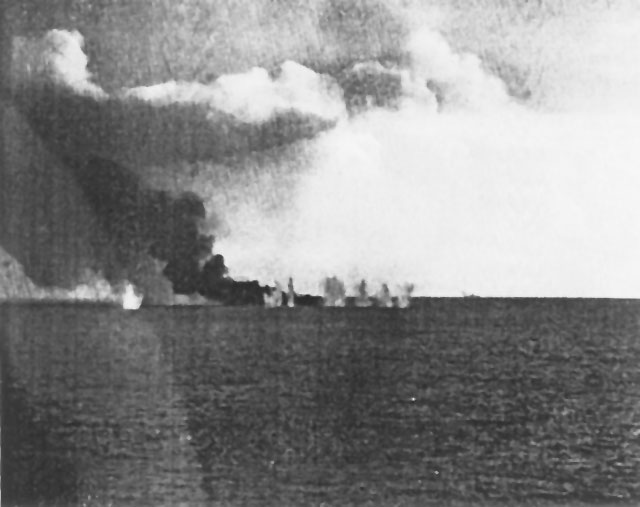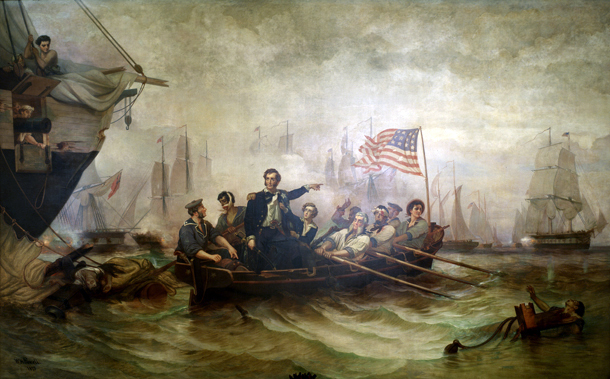Abdul Rehman Majeed
SENIOR MEMBER

- Joined
- Dec 25, 2019
- Messages
- 5,098
- Reaction score
- -40
- Country
- Location
First of all, biggest fleet NOT ALWAYS wins. A few battles comes into mind, Trafalgar (When British force out ship with 27 to 33 ship of the line), Battle off Samar (The entire Taffy Task Force weighed less than one battleship in battle, and it's a 9 vs 20 duel), Battle of Lake Erie (5 Schooner vs 2 Ship of the Line) just to name a few on top of my head.

Battle of Trafalgar - Wikipedia
en.wikipedia.org

Battle off Samar - Wikipedia
en.wikipedia.org

Battle of Lake Erie - Wikipedia
en.wikipedia.org
So for that, the "expert" was wrong.
On the other hand, ship number is not the deciding factor of any war, firepower is.
So who will win?
China or Japan?
You just do not like the idea that the US is most likely to prevail in any naval battle against the PLAN.
If the US is sitting out and not participating in the war against a weak Russia, what makes you so confident that it will participate in a war against China?
You can bet US will be a no show.
US is already moving TSMC back to the US.
US no longer has any interest in Taiwan or Japan or South Korea.
Last edited:




